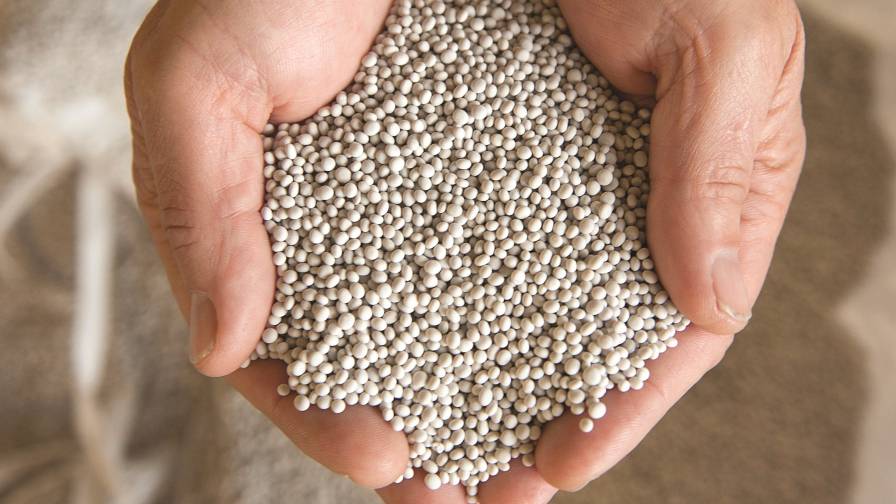Coronavirus Starting to Take its Toll on Manufacturing, Supply from China
Industrial Chinese production won’t return to normal until well into March as the country continues to contain and mitigate the impact from the novel coronavirus named COVID-19 by the World Health Organization on Feb. 11.
“The advice we are giving clients customers and network partners at the present time is to monitor the situation very closely and allow for potential disruption in their sales and operations planning processes and try to build mitigation plans built around risk,” says AWP Associates Founder Stephen Pearce, a China sourcing expert based in London. “Hard to say how long this situation will prevail, but plans should take in account disruption through February and March to be on the safe side, assuming the rate of spread has peaked, and biosecurity and appropriate quarantine measures are in place.”

China reported 100 fatalities from COVID-19 on Feb. 11, the most of any single day since officials began monitoring the epidemic. This news is troubling as more people move around the country this week to return to work after the extended Lunar New Year Holiday. Although the government has given companies the green light to restart factories this week, they have done so slowly and intermittently throughout the country for a variety of reasons:
- Companies must be able to verify the health of workers and provide quarantine facilities for those who are unwell. This requires companies to either hire medical personnel to evaluate workers or require a note from a doctor, many of whom are overwhelmed with sick populations.
- Workers are reticent to go back to work: Chinese factories often require workers to live and work in close proximity where they are susceptible to disease transmission. Additionally, many are unwilling to go to a hospital or medical facility for their health validation for fear of being surrounded by infectious populations.
- Transportation is still a patchwork of effectiveness: Port workers, railroads, and truck drivers still require health clearances to return to work, and the backlog of inventory that are piling up at ports will take some time to work through. An unpredictable patchwork of road closures and quarantined areas will continue to make it difficult to transport parts, raw materials, and other inventory for many industries, including agrichemicals.
- Similarly, there is a backlog of merchandise the must clear customs, and customs officials must get health clearance before reporting for work. Working remotely isn’t an option because the systems they operate are physically at the ports.
It’s already hurting businesses that source product from China and manufacture in China, and many manufacturers are staying shut down until more predictability returns to their labor force and other business operations. For example, ABC News reported Monday that General Motors, which employs more than 58,000, is preparing to restart its manufacturing Feb. 15, depending on worker readiness. Toyota and Nissan are planning to ramp up production Feb. 17, while Tesla reportedly fired up its Shanghai facility Feb. 10 with some assistance from local government officials and healthcare workers.
Technology companies including Apple have suspended production in China as they wait for labor, components, and potentially customers to return as many consumer brands continue to evaluate the stress on the national economy and consumer appetites for non-essentials. Just about 10% of Apple’s workforce returned to work by Feb. 10, reports CNBC.
The American Chamber of Commerce in Shanghai conducted a mini-survey between Feb. 4 and Feb. 6 to assess the outbreak’s impact on companies. Questions focused on quantitative issues such as the coronavirus’s expected impact on corporate revenues and Chinese GDP, as well as workplace issues such as travel, work from home policies and repatriation of foreign staff. The survey was answered by 127 companies, including 20 with China-sourced revenues of over $500 million, and 27 with China revenues of $100-500 million.
- 87% of companies responding believe the coronavirus will have a direct impact on 2020 revenues;
- 24% expect revenues to fall by 16% or more.
- 16% of respondents expect China’s 2020 GDP to fall by more than 2% as a result of the coronavirus.
- 29% of respondents believe that their corporate headquarters does not sufficiently understand the potential economic impact of the coronavirus.
- 60% of companies are planning a mandatory work from home policy for their staff, with almost all offering optional work from home.
In a web poll from Agribusiness Global conducted last week, 83% of respondents said COVID-19 is already causing disruptions to their supply chains.
With supply expected to limited as a result of disruptions, many expect agrichemical prices to climb for both technical-grade and finished products. China’s consumer price index rose more than 5% last month as quarantines and uncertainty about the length and severity of COVID-19 drove hoarding behaviors for food and supplies.
This story will continue to be updated.






